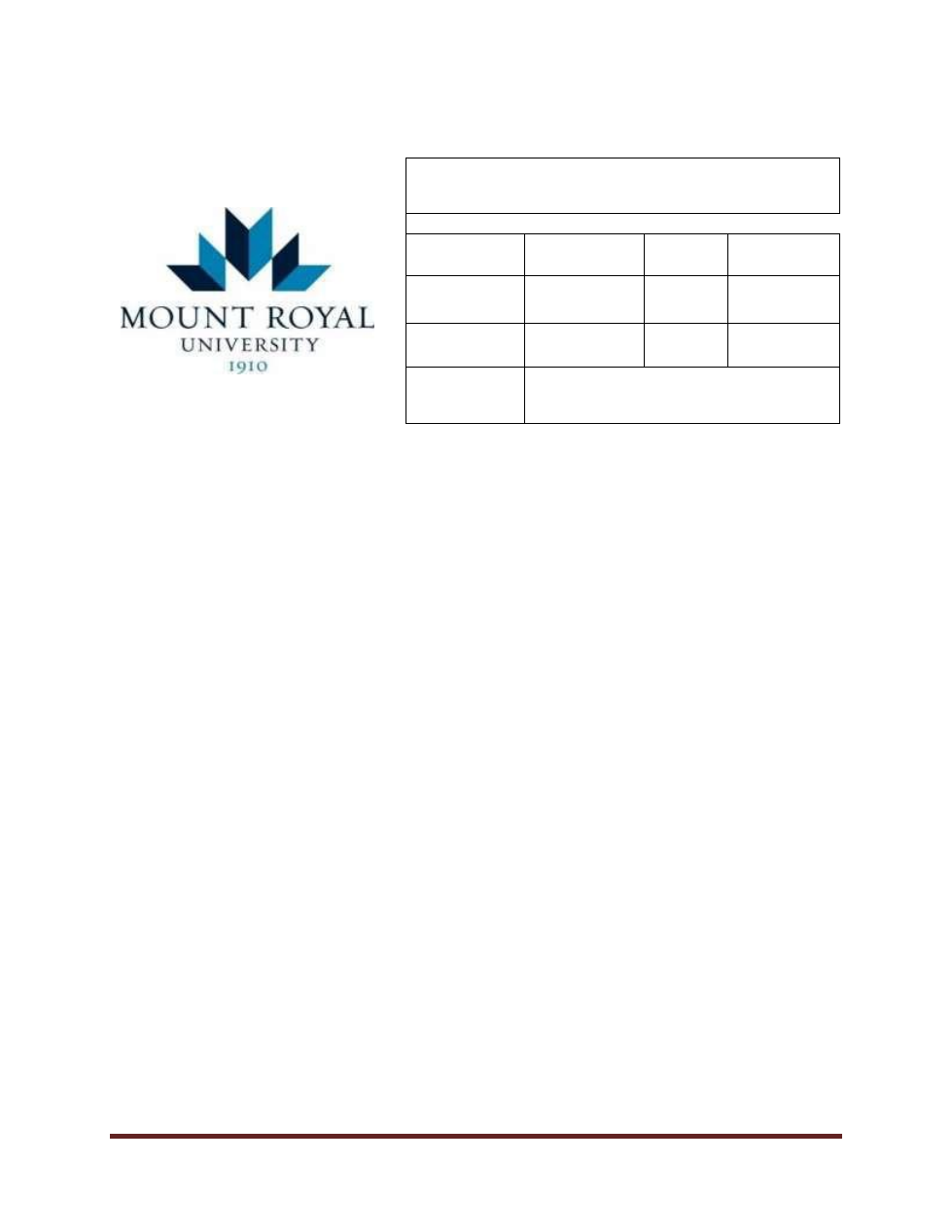
Code of Student Academic Integrity Policy – May 20, 2022
Page 1 of 8
A.
OVERVIEW
The University is committed to maintaining a strong culture of Academic Integrity, which is to act
with the values of: honesty, trust, fairness, respect, responsibility and courage. The General
Faculties Council Student Affairs Committee is responsible for the oversight of this policy and
associated procedures.
It is essential for a scholarly community to prioritize and uphold the values of academic honesty
and understand the shared responsibility of the University Community to ensure the academic
standards and reputation of the University. For this reason, each student is responsible to ensure
that they act with honesty and integrity when conducting any and all academic and scholarly
activities.
B.
PURPOSE
The purpose of the Code of Student Academic Integrity (Academic Code) is to promote and support
the University in maintaining the highest standard of honesty in all academic and scholarly activity.
This policy serves to outline how Students can uphold academic honesty and the Academic
Integrity expectations in order to assist in the recognition of actions of Academic Misconduct. The
Academic Code outlines a fair process to report, investigate, and resolve situations where
Academic Misconduct is suspected.
C.
SCOPE
The Academic Code applies to the Academic Activities of a Student conducted as part of University-
related scholarly or academic pursuits, such as but not limited to:
●
submission of academic work including exams, quizzes, essays, discussion posts, group
work, performances, work reports;
●
submission of draft or practice material;
●
participation in scholarly activity such as research, practicum, clinical placement, or work
integrated learning opportunity;
●
representation of academic credentials or achievements associated with University-
related academic or scholarly work.
CODE OF STUDENT ACADEMIC INTEGRITY
Policy Type:
Academic
Initially
Approved:
May 20, 2022
Policy Sponsor:
Vice-President,
Students
Last
Revised:
Primary Contact:
AVP Student
Experience and
Success
Review
Scheduled:
May 20, 2027
Approver:
General Faculties Council
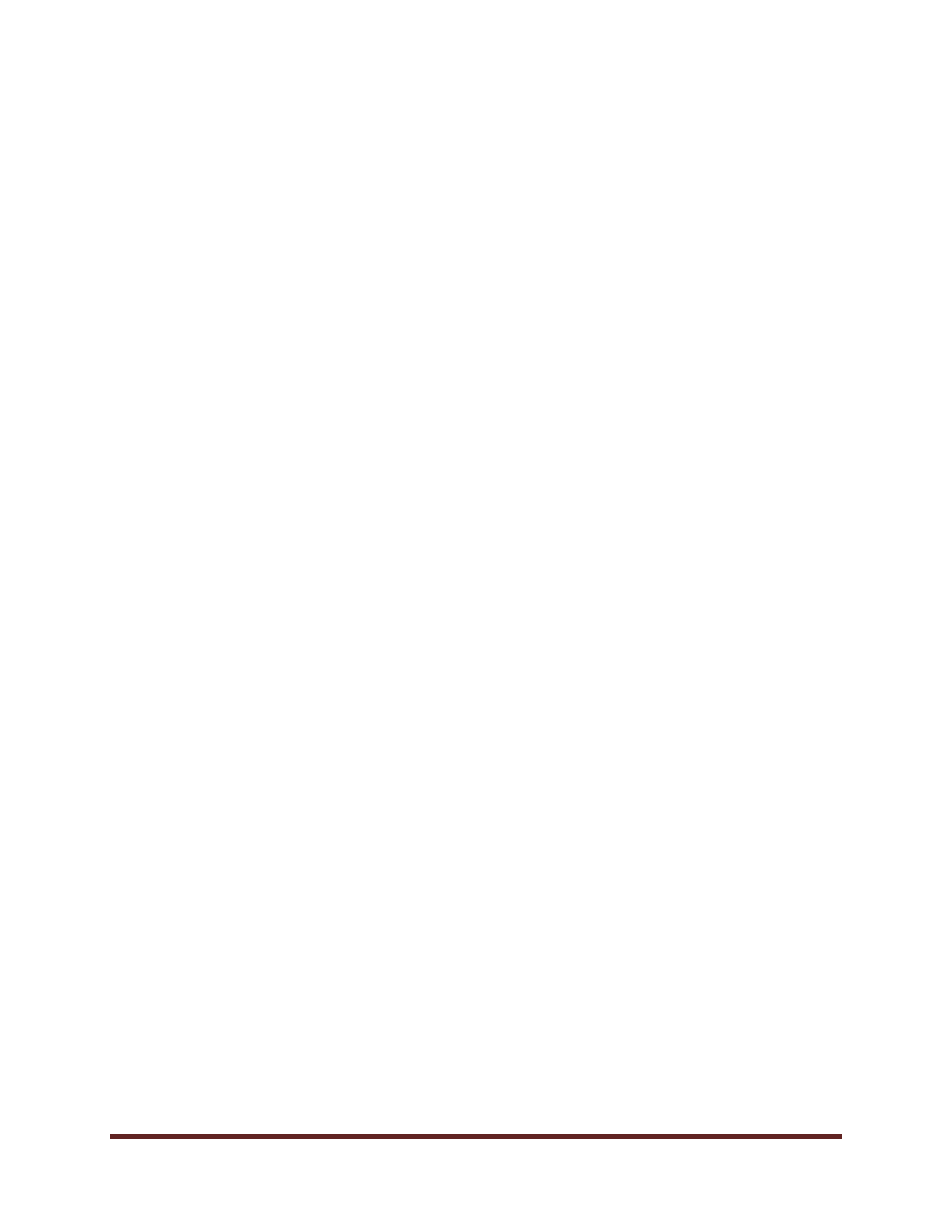
Code of Student Academic Integrity Policy – May 20, 2022
Page 2 of 8
The Academic Code will apply to all academic and scholarly activities that occurred during the
time the individual was considered a student regardless of when the Academic Misconduct was
reported; including after credentials are awarded or graduation.
D.
POLICY STATEMENT
Honesty and integrity in academic work is essential to maintaining the high standards of learning
and scholarship and involves a shared responsibility across the University Community
1. ACADEMIC INTEGRITY RIGHTS AND RESPONSIBILITIES
1.1.
University learners, instructors, researchers, and employees have shared
responsibilities to uphold the ethical standards of learning and scholarship:
a.
Students have the right and responsibility to;
i.
familiarize themselves with the Academic Code and to act honestly
and ethically when conducting all academic or scholarly work;
ii.
be informed in advance of the academic integrity expectations and
conditions associated with all academic work and scholarly activity;
iii.
a fair process that maintains the principles of procedural fairness,
including; a process free from bias, the ability to respond to the
allegation(s), the reason(s) for a decision, and the right to appeal a
decision;
iv.
seek guidance and support from trusted sources such as a Student
Association Advocate, University Officials, Elders, or personal
supports;
v.
have a Support Person present at any stage of the process;
vi.
make inquiries, register a complaint, or seek support through other
internal or external administrative processes.
b.
University Community Members have the right and responsibility to:
i. u
phold the core values of Academic Integrity and conduct academic
and scholarly activity in an ethical and honest manner;
ii.
communicate, inquire and know the academic expectations related to
academic pursuits and collaborations;
iii.
have the Academic Code adhered to and to hold themselves and their
fellow learners accountable without fear of reprisal or retaliation;
iv.
be provided reasonable accommodation in the Academic Code
procedures, as determined by the University’s Human Rights Policy;
v.
protect the privacy of personal information consistent with existing
legislation and policy;
vi.
meet with a representative of the institution, free of judgement, to
access guidance and support regarding the Academic Code.
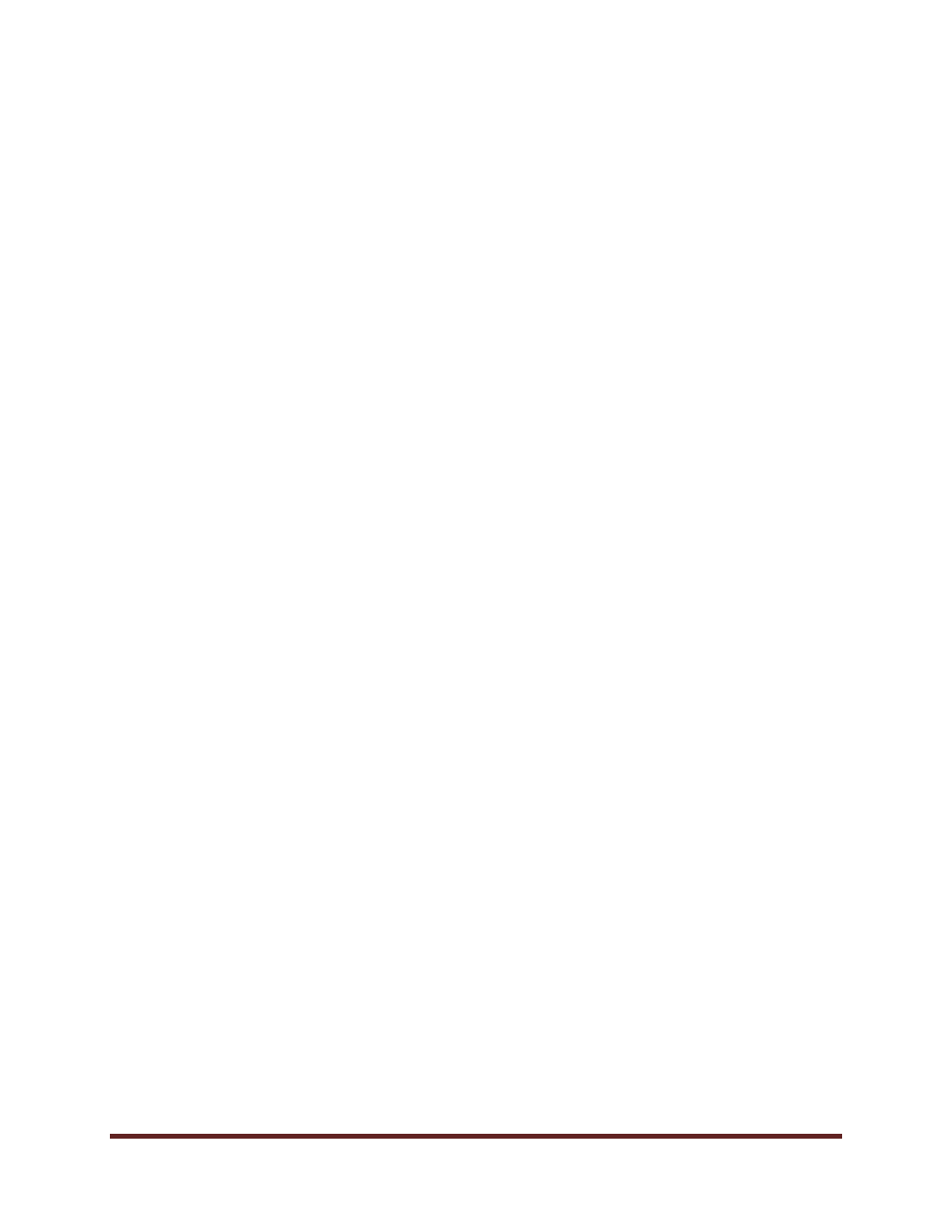
Code of Student Academic Integrity Policy – May 20, 2022
Page 3 of 8
2. ACADEMIC MISCONDUCT
2.1.
Academic Misconduct is any action, whether actual, attempted, or assistance
provided to another, in relation to academic and scholarly activity, whether
deliberate or inadvertent, that is dishonest, misrepresents information, or creates
unfair advantage. The following is a non-exhaustive list of behaviours or activities
that represent Academic Misconduct:
a.
Plagiarism; submitting or using the ideas, words, images, code, performance,
or work of others without appropriate citation or referencing such as:
i.
Submitting, including, or presenting the full or partial work
(intellectual property) of another;
ii.
Failing to acknowledge the phrases, ideas, or work of another using
appropriate citation or referencing;
iii.
Submitting the same, or substantially similar, complete or portions
of an assignment, project, paper, or work that the Student has
previously submitted for evaluation at the University or another
institution in previous Academic Activity unless prior approval has
been obtained;
iv.
Unauthorized collaboration with others, beyond what is reasonably
expected or permitted, to complete academic work;
v.
Soliciting, facilitating, or submitting work that is purchased or
otherwise acquired from another person or source, or produced
with the use of Artificial Intelligence tools or technology unless the
work is appropriately cited and/or approved by the Instructor. This
includes but is not limited to hiring or subscribing to services to
complete academic work;
b.
Cheating; acting dishonestly or unfairly on an exam, assignment, project, or
other form of evaluation such as;
i.
Using, concealing or sharing unauthorized notes, materials, or aids;
ii.
Unauthorized possession or use of proprietary instructional,
assessment questions, answers, completed assessments, or
course materials;
iii.
Unauthorized possession, distribution, or use of electronic device or
software during an examination or assessment;
iv.
Using, facilitating, or attempting to view or otherwise access another
Student’s answers or submission;
v.
Unauthorized communication or attempt to communicate with others
during an examination or assessment;
vi.
Failing to take reasonable measures to protect answers from others.
c.
Falsification, Fabrication, or Misrepresentation; using, submitting, or
presenting false information or misrepresenting facts for any academic or
scholarly purpose such as:
i.
Impersonating or knowingly being impersonated within an academic
or scholarly activity, examination, or academic evaluation;
ii.
Impersonating an instructor, student, or other member of the
University Community;
iii.
Submitting or fabricating false records or information related to any
academic or scholarly activity including laboratory records,
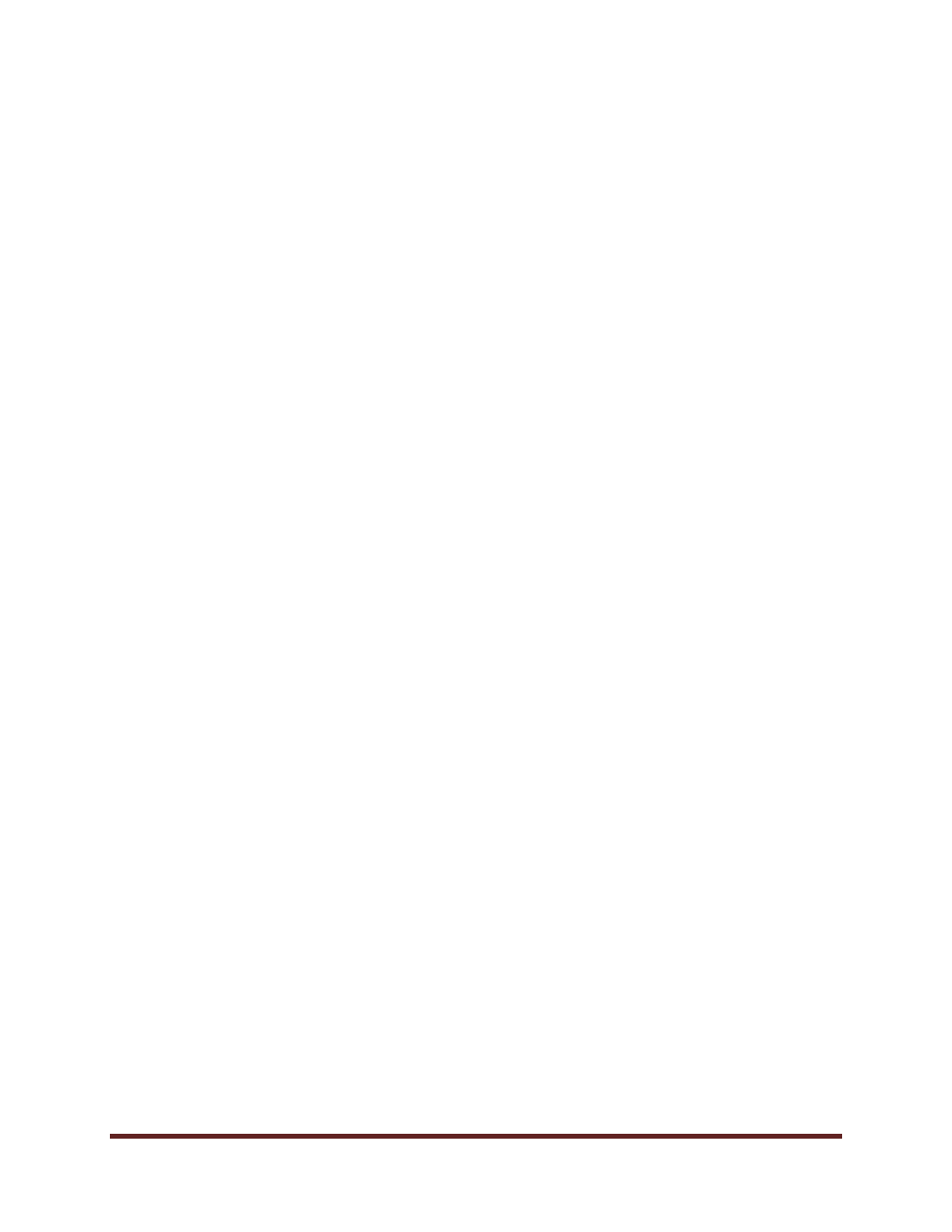
Code of Student Academic Integrity Policy – May 20, 2022
Page 4 of 8
attendance record, work placements, or research data;
iv.
Using or submitting falsified documents, academic or medical, to
gain an academic advantage within a University policy or
procedures such as an extension, a withdrawal, or an
accommodation;
v.
Forging, misusing, or altering a University document or record.
d.
Academic Advantage; engaging in activities that provide an individual(s) with
unfair academic advantage as compared to other Students such as;
i.
Obtaining, accessing, or using academic materials intended to be
teaching references;
ii.
Altering or adjusting the academic work or registration of another;
iii.
Obstructing or preventing others from having the ability to pursue or
participate in their own academic work such destroying materials or
removing learning materials.
e.
Repeated Incidents of Academic Misconduct: having more than one
Academic Misconduct violation resolution within one or more courses and/or
program.
3. REPORTING
3.1.
Anyone who becomes aware of information regarding a suspected act of Academic
Misconduct is encouraged to inform the University as soon as possible after
becoming aware of the behaviour. Suspected acts of Academic Misconduct can
be submitted to the instructor, practicum supervisor, program administrator, or
research associate (Faculty Member) responsible for the associated Academic
Activity, if known, or to the respective Associate Dean or Dean. For more
information about reporting, see the Code of Student Academic Integrity
Procedures.
4. RESPONDING TO SUSPECTED INCIDENTS OF ACADEMIC MISCONDUCT
4.1.
When a Faculty Member receives a report of, or notices themselves, a suspected
act of Academic Misconduct they will review the information and determine if the
Academic Code applies. The Faculty Member may consult with the Program Chair
and/or the Office of Student Community Standards (OSCS). If it is determined that
the Academic Code applies, the Faculty Member will assess the risk posed by the
Academic Misconduct and determine the Level of Academic Impact. The Level of
Academic Impact is dependent upon the nature of the material, the circumstances
of the misconduct, and the importance of the Academic Activity, and is categorized
into the following three (3) levels:
a.
Academic Work Level; misconduct that is minor and poses a concern or risk
for the integrity of the Student’s academic work such as assignments, exams,
papers, projects;
b.
Program or Area of Study Level; misconduct that poses a serious concern
or risk for the integrity of the Student’s academic conduct within a program or
area of study such as professional standards, multiple violations of the
Academic Code, integrity of field of study, or accreditation requirements, or
academic standards;
c.
University Level; misconduct that poses a significant concern or risk for the
integrity of the Student’s academic conduct across all University related
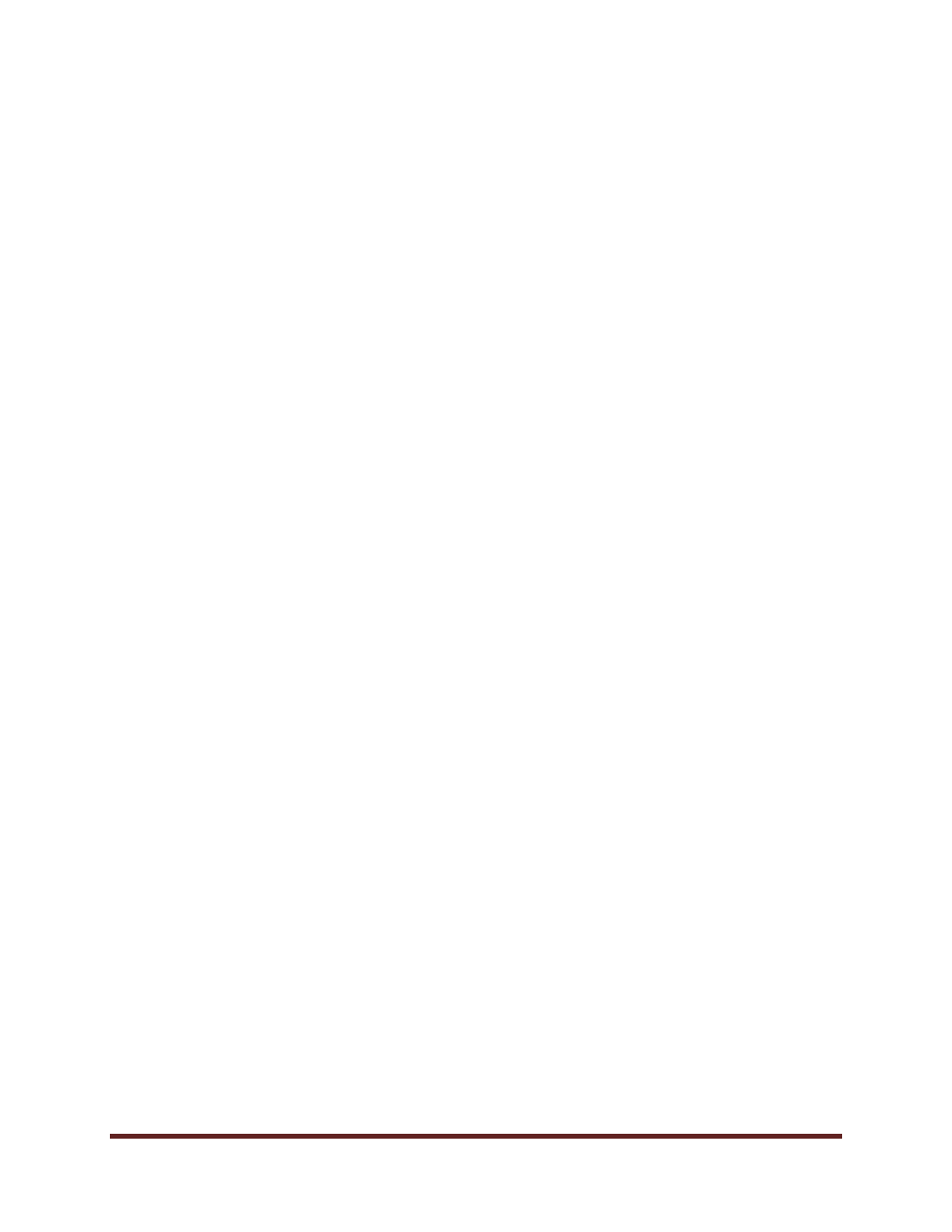
Code of Student Academic Integrity Policy – May 20, 2022
Page 5 of 8
academic and scholarly activity such as serious ethical issues, Academic
Misconduct that involves serious non-academic behaviour, repeated violations
of the Academic Code, reputational concerns, or research standards.
5. REVIEWING AND DECISION MAKING
5.1.
Academic Misconduct review will be conducted to determine the facts of what
occurred and may include, but not limited to, the reviewing of materials,
interviewing individuals with relevant information, reviewing access to University
software or equipment, and consulting various policies and procedures.
5.2.
The Level of Academic Impact, as assigned by the Faculty Member, will determine
who will serve as the Reviewer and Decision Maker. The Decision Maker, in
consultation with the OSCS, may appoint an alternative Reviewer when necessary.
Academic Misconduct reviews and decisions will be conducted as follows:
a.
Academic Work Level; the Faculty Member responsible for the academic
work or designate;
b.
Program or Area of Study Level; the Associate Dean responsible for the
academic area of study or the Registrar in consultation with the Associate
Dean(s) when the Academic Misconduct involves multiple academic areas or
a designate approved by the Dean or Registrar;
c.
University Level; The Dean responsible for the academic area of study or the
Registrar in consultation with the Dean(s) when the Academic Misconduct
involves multiple academic areas.
5.3.
When a Student is found to have multiple violations of Academic Misconduct this
will be considered as a repeated incident of Academic Misconduct as per section
2.1(e) and will be reviewed as Program or Area of Study or University Level of
Academic Impact. The Reviewer will notify the Student suspected of Academic
Misconduct in writing of the review and provide them with an opportunity to
respond.
6. RESOLUTIONS
6.1.
Once the review is complete, the Decision Maker will use the findings of facts and
determine whether or not there was a violation of the Academic Code using the
standard of the balance of probabilities; whether it was more likely or not to have
taken place. When a Student is found to have violated the Academic Code, the
Decision Maker may resolve the misconduct with the implementation of one or
more of the following resolutions as per the Level of Academic Impact:
a.
Academic Work Level; outcomes that address the integrity of the Student’s
academic work:
i.
Academic Integrity Learning; completion of learning activities on
specific topic associated with academic integrity;
ii.
Warning; written notification of violation Academic Code;
iii.
Resubmission; requirement to redo all or a portion of the Academic
Activity;
iv.
Reduced Grade on Academic Work; a lower score on the Academic
Activity being graded up to and including a grade of zero (0) ;
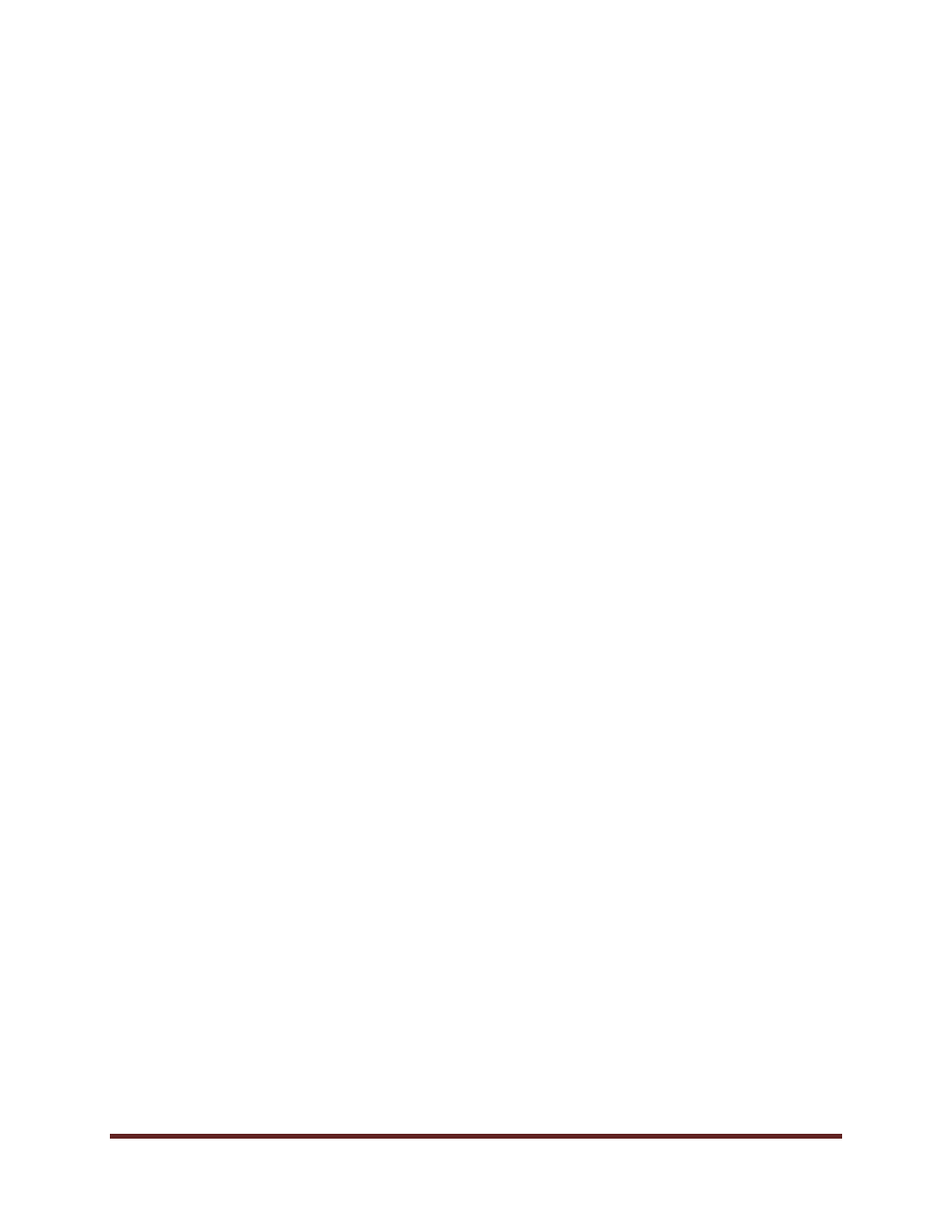
Code of Student Academic Integrity Policy – May 20, 2022
Page 6 of 8
v.
Refer for Review for Higher Level of Academic Impact; a request for
a review at a higher Level of Academic Impact as a result of additional
information found during the review.
b.
Program or Area of Study Level; may include resolutions in Section 6.1(a)
and/or resolutions that address the integrity of the Student’s academic
participation within the program or area of study:
i.
Educational Activity; requirement to complete a project or activity that
demonstrates an understanding/contribution to the nature of the
academic impact or reparation of trust;
ii.
Reduced Course Grade; assign a lower grade, including a failing
grade, in a course or Academic Activity associated with the Academic
Misconduct;
iii.
Required to Discontinue; a temporary prohibition of enrolling in
Academic Activity within a specific program or area of study for a period
of time no longer than two (2) academic years.
c.
University Level; may include outcomes in Section 6.1(a), 6.1(b), and/or
outcomes that address the integrity of the student’s academic participation
within any area of study within the University:
i.
Restriction of University Access; prohibition from attending or
participating in university related activities or properties;
ii.
Academic Misconduct Notation; notation on transcript of academic
misconduct for a period no longer than two (2) academic years;
iii.
Suspension; a temporary prohibition of enrolling in Academic Activity
for a period no longer than three (3) years. Suspensions may result in a
notation on a student’s transcripts for the duration of the suspension.
Suspensions may include a partial or total loss of fees and funds and
associated grades and may include terms associated with the return to
the University;
iv.
Expulsion; a permanent prohibition of registering or enrolling in
University academic or related activities. Expulsions may result in a
notation on a student’s transcripts for up to five (5) years. After the
required time has elapsed, an expelled student may apply to the Student
Appeal Committee for the removal of the notation on the transcript;
v.
Rescind Credential; an order to rescind the Student’s previously
received academic credentials or awards received such as degrees,
diplomas, certificates, awards, or achievements and/or the prohibition of
admission to the University.
7. APPEAL
7.1.
A Student who has been found responsible for a violation of the Academic Code,
as outlined in the Code of Student Academic Integrity Procedures may request an
appeal of the decision as outlined in the Student Appeal Policy and Procedures.
8. RECORDS AND REPORTING
8.1.
All documents and records collected as a result of these policies and procedures
will be maintained in compliance with the University’s Records Policy and the
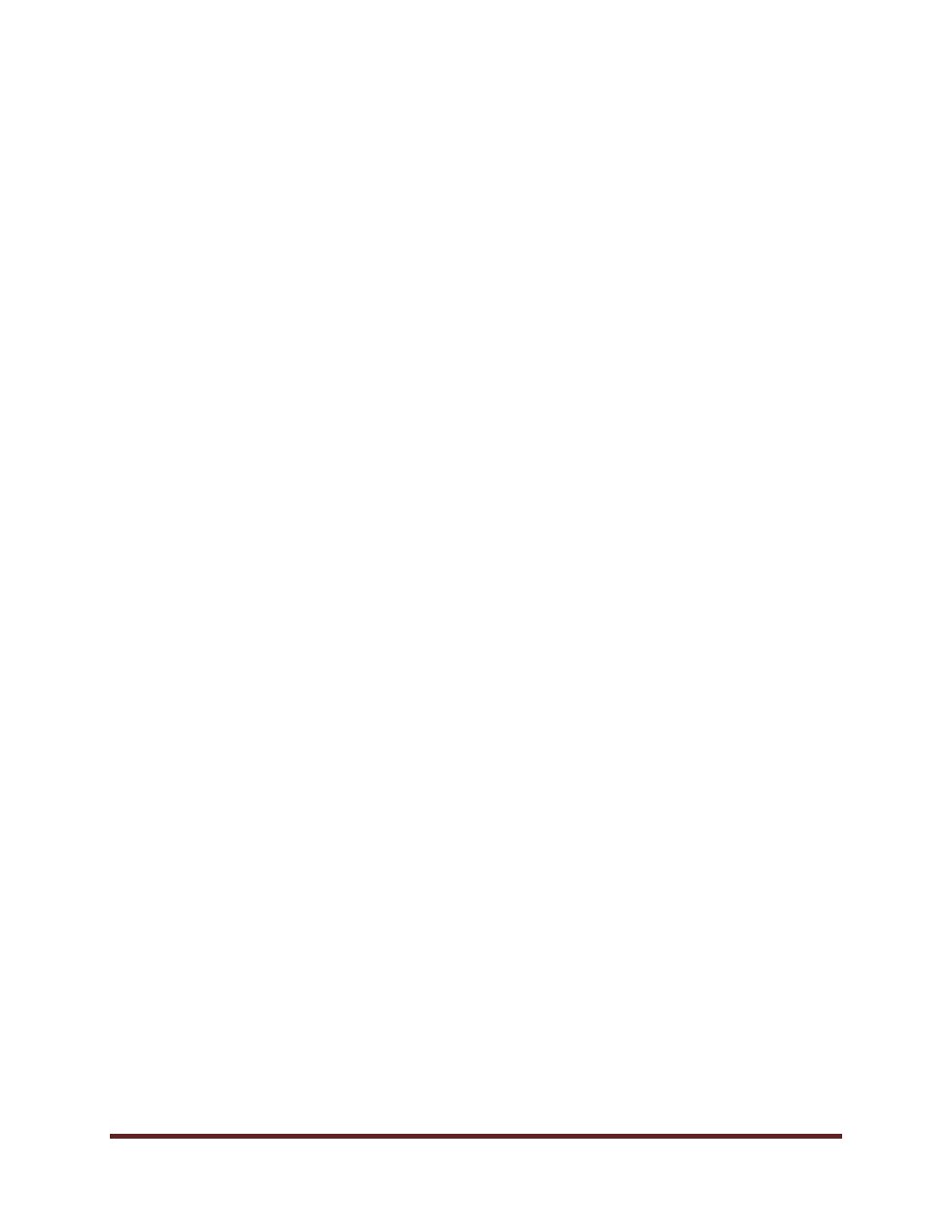
Code of Student Academic Integrity Policy – May 20, 2022
Page 7 of 8
Alberta Freedom of Information and Protection of Privacy Act. The OSCS is
responsible for maintaining all records separate from a student’s academic record.
8.2.
The OSCS will prepare an annual statistical report of all Academic Misconduct
addressed according to the Academic Code for the General Faculties Council –
Student Affairs Committee. This report shall be anonymized and ensure no
identifying information is included.
E.
DEFINITIONS
(1)
Academic Activity:
any scholarly activities of a Student conducted as part of University-
related scholarly or academic pursuits or credentials.
(2)
Academic Code:
means the Code of Student Academic Integrity.
(3)
Academic Misconduct: the actions, whether actual, attempted, or assistance provided to
another, in relation to academic and scholarly activity, whether
deliberate or inadvertent, that is dishonest, misrepresents
information, or creates unfair advantage.
(4)
Academic Integrity:
the moral and ethical practice of demonstrating fundamental values
while completing academic work, assessments or participating in
academic activities.
(5)
Decision Maker:
means the person responsible for determining whether or not a
violation of a policy has occurred and assigns a Resolution.
(6)
Faculty Member:
a person responsible for an academic or scholarly activity and can
include course instructor, faculty member, practicum coordinator,
work integrated supervisor, research associate, and others.
(7)
Level of Academic
Impact:
the degree of risk posed by the suspected Academic Misconduct
and the nature of the material, the circumstances of the misconduct,
and the importance of the Academic Activity.
(8)
Reviewer:
means the individual, either internal or external to the University,
responsible for collecting the facts of a Report.
(9)
Report:
a statement to the University seeking recourse pursuant to the
violation of this policy.
(10) Student:
means someone who has applied to a full-time, part-time, credit or
non-credit program or course offered through the University.
(11) Support Person:
an individual, unrelated to the report/incident, who can attend
meetings with a Student throughout the course of a review or appeal
to provide personal support but may not speak on their behalf.
(12) University:
means Mount Royal University.
(13) University Community: includes Students, Employees, the Board of Governors, Contractors,
Volunteers and Visitors to the University.
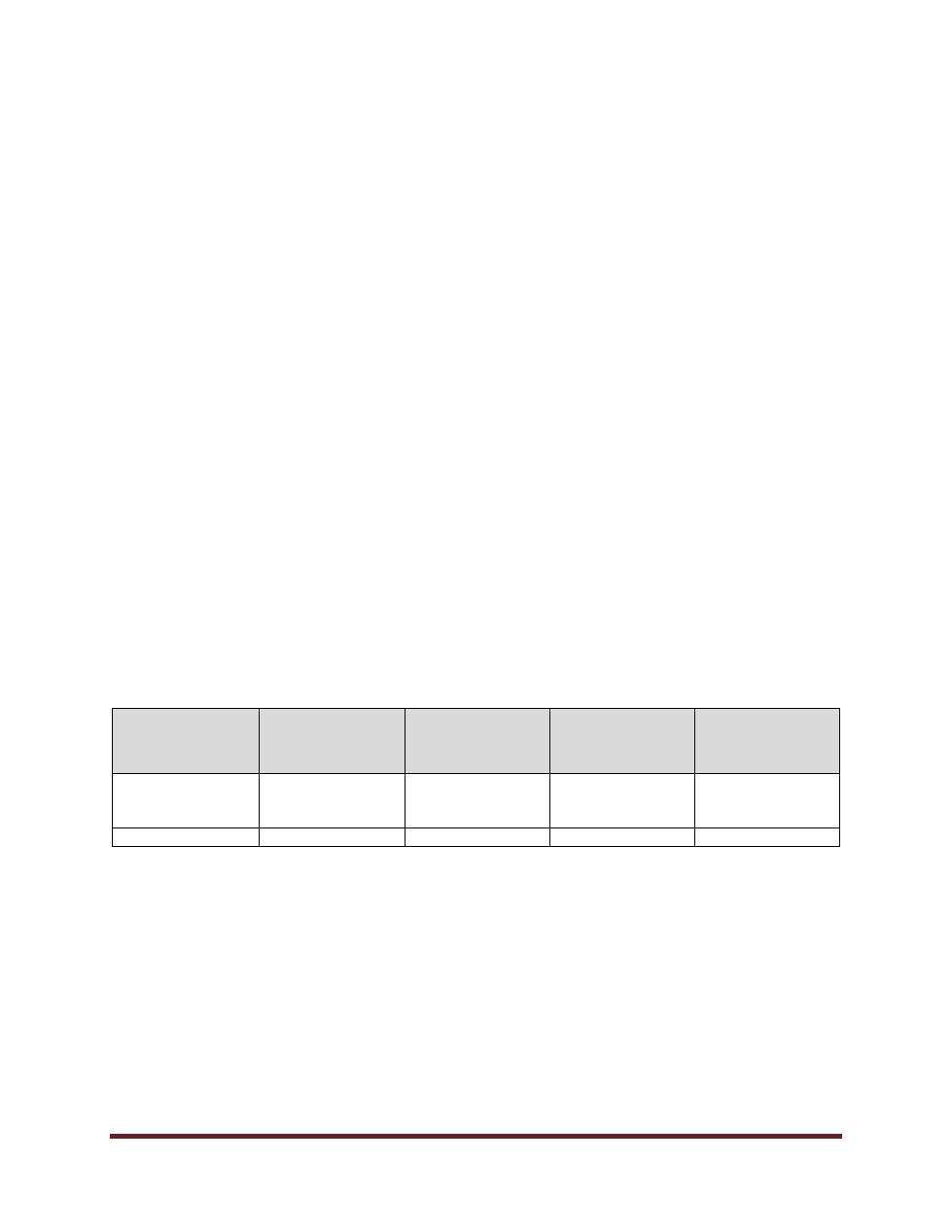
Code of Student Academic Integrity Policy – May 20, 2022
Page 8 of 8
F.
RELATED POLICIES
●
Academic Accommodation for Students Experience Disabilities Policy
●
Acceptable Use of Computing and Communication Resources Policy
●
Admissions Policy
●
Code of Conduct Employees
●
Conflict of Interest in Research Policy
●
Email Policy
●
Expression and Free Speech Policy
●
Human Rights Policy
●
Integrity in Research and Scholarship Policy
●
Intellectual Property Policy
●
Internet and Network Access at Mount Royal University Policy
●
Matching Software Policy
●
Recording and Distribution of Academic Presentations & Materials Policy
●
Student Appeal Policy
G.
RELATED LEGISLATION
●
Alberta Freedom of Information and Protection of Privacy Act
●
Alberta Post Secondary Learning Act
H.
RELATED DOCUMENTS
●
Academic Integrity Report Form
●
Academic Calendar
I.
REVISION HISTORY
Date
(mm/dd/yyyy)
Description of
Change
Sections
Person who
Entered Revision
(Position Title)
Person who
Authorized
Revision
(Position Title)
01/19/2025
Minor revisions
2.1.a.v
Manager, Student
Community
Standards
General Faculties
Council
Document Outline







